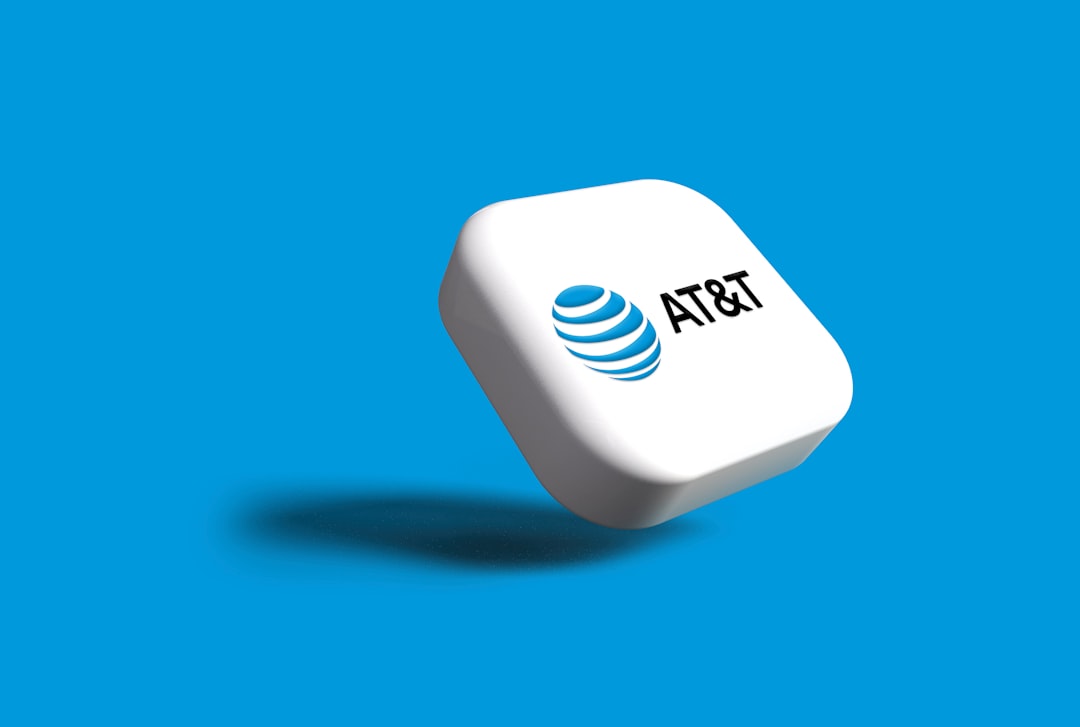AT&T Outage and Pharmacy Cyberattacks Demonstrate the Fragility of Computer Infrastructure
Fear is the mind killer.
I saw the notifications about AT&T’s network outage on Thursday morning, and honestly I didn’t think much about it. That’s probably a terrible instinct for a guy who runs a prepping newsletter, but also probably makes for better mental health. Our MVNO runs on the AT&T network, so I warned my wife she may not have cell service when she left the house, and then I didn’t think any more about it.

Then I started seeing messages on our Discord, getting DMs from people asking what was up, see trending topics on Twitter, and I realize that there’s something to this whole thing.
And people start asking questions. Is it an EMP? Is it a solar flare? Was it the Chinese? What about the Russians?
Turns out it was a bad software update. And I believe AT&T on that because it makes them look stupid and 100% liable.
(Also, here’s some red meat for the conspiracy aficionados: Why does Weird Stuff always happen to AT&T, like the Nashville bombing? Maybe the extra premium Verizon charges is for keeping Weird Stuff at bay.)
Meanwhile, while everyone was freaking out over the AT&T outage, pharmacies across the United States were out of commission—including military pharmacies—because UnitedHealth was hit by a “nation-state” cyberattack. Now that is interesting and concerning.
The cyberattack thing is completely out of hand right now. It’s become a daily occurrence. Just recently, a ransomware attack shut down the computer system of Chicago’s Lurie Children’s Hospital for a week.
Most of these cyberattacks are perpetrated by plain old criminal networks. They install malware on your computer—usually through a phishing link—that starts encrypting your data. They then offer to decrypt it in exchange for Bitcoin or some other cryptocurrency.
Funny enough, these crooks usually have to develop excellent customer service operations because their victims have no idea what a crypto is, how to buy it, or how to send it.
So, unfortunately, a cyberattack itself isn’t much more newsworthy than a solar flare. However, a nation-state being behind the pharmacy shutdown is concerning. I doubt we get much more detail, or if we do it’ll be years after the fact. Of course, it’s probably tied to China, Iran, North Korea, or Russia.
But whether a service outage is due to a bad software update or a cyberattack, the end result is the same. Unfortunately, despite decades of IT and security knowledge, computers just aren’t as reliable or as secure as we need them to be.
And there just isn’t a whole lot you can do about it, other than basic, common-sense security precautions that we all fail at to some degree.
However, I will offer two pieces of advice:
One: When we saw store shelves empty in 2020, it was largely because stores kept a just-in-time (JIT) inventory system, as in, new stock arrived just in time to replenish the old, with no slack in the system. As things grow jankier and less reliable in the post-COVID world, you must adopt an anti-JIT philosophy for your own stores.
This doesn't necessarily mean you want enormous stockpiles of beans, bandages, bullets, and medicine. In fact, we’ve increasingly been finding that counterproductive in our house. What you want to aim for is a little bit of padding. What if you couldn’t get to the store for a week? Two weeks? A month?
Two: We must develop a certain sort of detachment from material concerns. OK, the cell network is down. So what? It didn’t end my world or disrupt my day. Even if it had, I would have taken some time to play with my kids, read, or take a nap. You could easily go a few hours without worrying about these things. And as we see the competence crisis grow, I recommend worrying less because we’re going to see more of these things.
Point one helps in this. Develop some padding and things don’t become so life-or-death. We want to know what’s going on and how situations could develop, but ultimately preparedness isn’t about the stuff, it’s about reinforcing a positive mindset. And anyone who’s been in a real survival situation will tell you that’s the only thing that truly matters.

